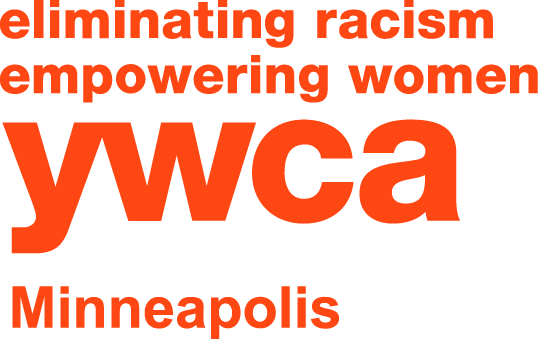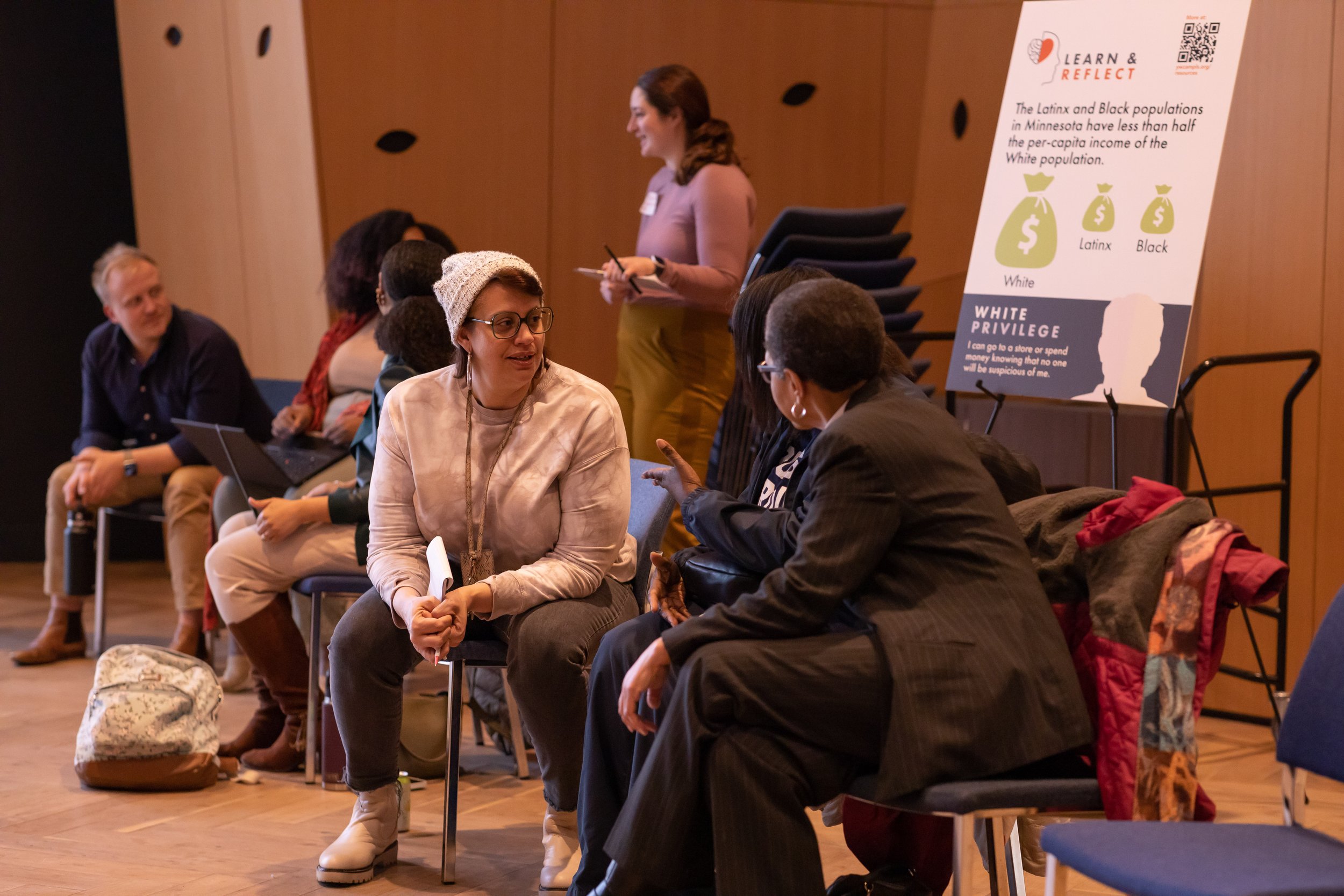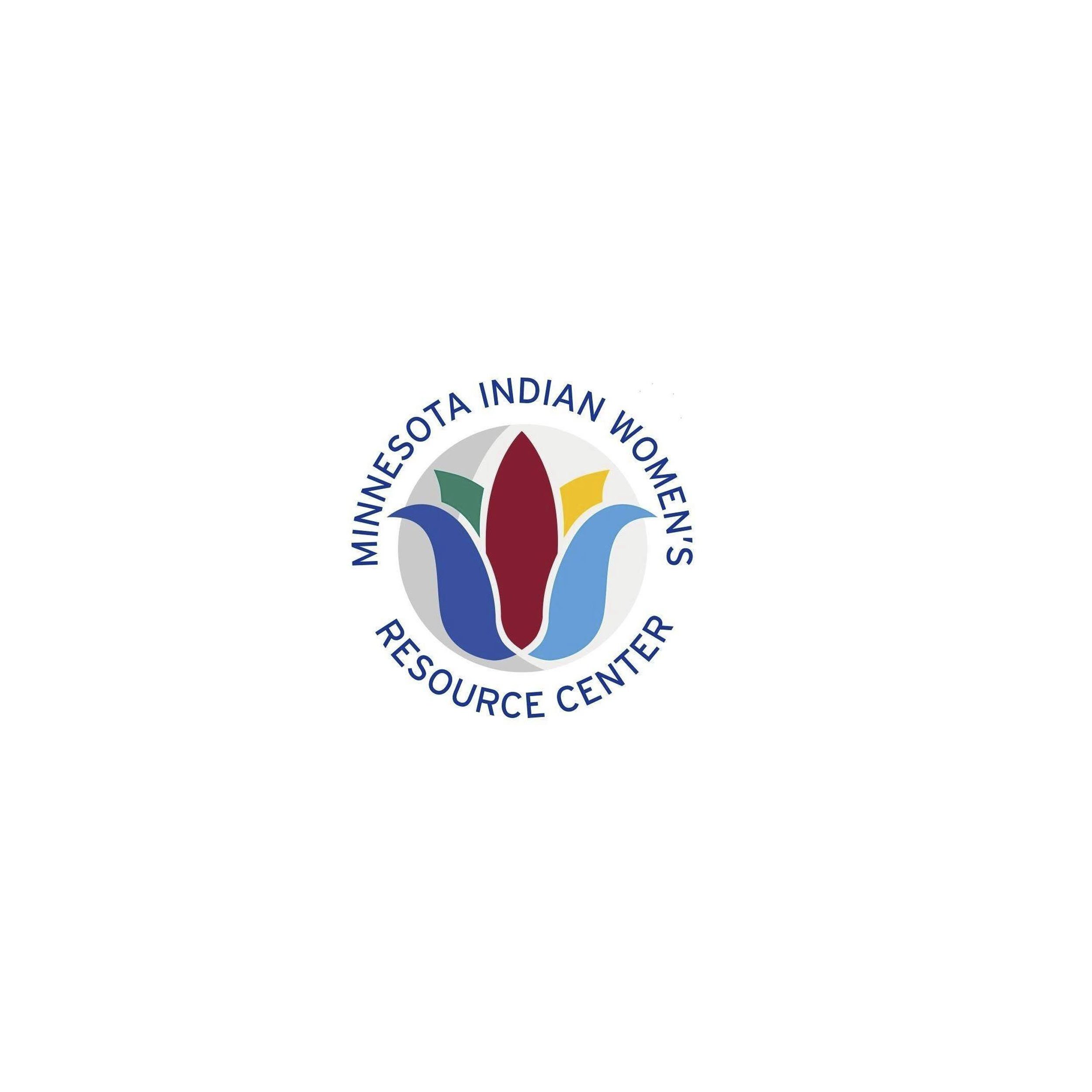Solidarity: Rematriation and Reparations
Presented by:
Join the Conversation
Rematriation is a movement led by Indigenous women that seeks to reclaim connections to tradition, culture and identities, “returning the sacred to the mother” (Rematriation, 2024). It is grounded in a belief in the power of healing, revitalization, and reconciliation. Rematriation revives the Indigenous cultural understanding of the essential role of women in “safeguarding and nurturing the land” and in reviving the central roles that women have in reclaiming Indigenous ways of knowing (Northwest American Indian Coalition, 2024).
According to Pieratos and Two Bulls (2021), “…a concrete part of the push for Reparations begins with decolonizing our minds.” In the spirit of these words, activists and communities assert that we must consider actionable ways to make tangible reparation efforts to communities who historically have experienced slavery, exploitation, murder, genocide, and theft of their people, home cultures, cultural narratives, languages, and lands.
By building social awareness about these truths, acting to interrupt and amend these wrongs, we can reach across social and cultural differences to work together to support rematriation and reparations. This call to learn and act is essential if all people are to heal and create a just world. In the words of Maya Angelou, “The truth is, no one of us can be free until everybody is free.”
Join us for “It’s Time to Act” on May to learn about Rematriation and Reparations as elemental to Solidarity movements among Indigenous, Black and Brown people in the United States
Speakers:
Dr. Kwame-Ross - Professor at Augsburg University and University of Minnesota
Dawn Laroque - Lead Support/Program Manager (Drop-in Center) of Minnesota Indian Women’s Resource Center (MIWRC)
Moderator: Suleiman Adan - Race Equity Consulting Manager
Date: Tuesday, May 7, 2024
Time: 3:00 pm
Location:
In-person: Rondo Community Library | 461 Dale St N, St Paul, MN 55103
Virtual
Cost: $20
Speakers
-
Dr. Terrance Kwame-Ross is a descendant of Africans enslaved in the United States. He is a tenured professor of education, at Augsburg University, and a visiting faculty, in the School of Social Work, Youth Development Leadership Graduate Program, at the University of Minnesota. He teaches critical histories and philosophies of education, school and society, decolonizing social studies methods, experiential learning and learning and development courses. He is a scholar-practitioner with over 30 years of experience working with, and in, schools, community, and treatment settings. Dr. Kwame-Ross' current research, and writing, focuses on the power in Black male learning, in hostile White environments, towards a healthy and transformative pedagogy for living and learning. He is Black, radical and liberated!
-
Dawn Laroque (pronounced LaRock) is the lead support/program manager for women at the Minnesota Indian Women’s Resource Center (MIWRC). Since 1984, MIWRC has been a vital community resource for Native women an their families. For more information about MIWRC, please click here.
Moderator
-
For over a decade, Suleiman has dedicated his efforts to grassroots organizing, making an impact locally in Minneapolis and extending his influence across national borders. He has also provided training to grassroots organizations in eight European, Middle Eastern, and East African countries. In this new capacity, he traversed the state, delivering training to teachers on equity-centered curriculum development and Diversity, Equity, and Inclusion (DEI) practices.
Suleiman’s commitment to Education Advocacy has been unwavering, evident through his participation on various boards and advisory councils within Minnesota. Beyond education, he’s established himself as a skilled Project Manager with a versatile portfolio spanning multiple countries and industries. In addition, Suleiman is a practiced DEI Professional, rooted in the belief that discomfort is an essential step toward growth. His approach to facilitation revolves around the concept that progress might initially feel challenging, but through dedicated practice, we can move beyond our comfort zones.
Suleiman holds two bachelor’s degrees from the University of Minnesota – one in Education and Human Resource Development and the other in Public Health and Biology. He is also a Graduate Research Fellow at the University of Minnesota. Additionally, he is a Qualified Administrator for the Intercultural Development Inventory (IDI) and a Certified Project Manager (PMP).
YWCA Minneapolis, Race Equity Consulting Manager
Contact at sadan@ywcampls.org







